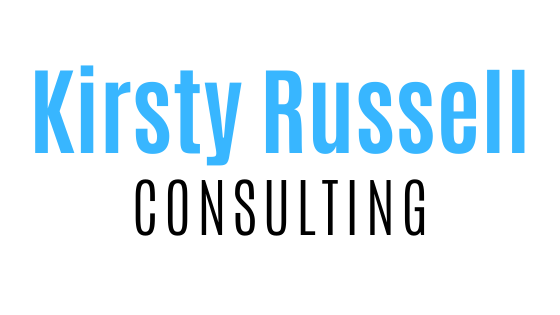This post is a follow on from 5 Things Special Needs Parents Should Know About the NDIS. In this post, my guest NDIS planner expands on the differences in plans for those under seven years of age in NDIS early intervention programs and those over seven years of age, moving into the full NDIS scheme.
NDIS plans are developed very differently for children under seven than they are for all other participants in the scheme. Children under seven are supported using the Early Childhood Early Intervention (ECEI) approach.
This approach links your family with a multidisciplinary provider (occupational therapy, physiotherapy and speech therapy all under one roof) to support you with a coordinated approach and a thorough understanding of your child’s clinical needs.
This provider works closely with the NDIS to provide them with comprehensive information on the child’s development. This information is then reflected in a package of intensive supports based on the areas your child is having difficulty in.
Unlike the rest of the scheme, these packages are more standardised (dependent on the information provided) as they are based on a single approach of support for all children regardless of disability type.
That approach, in a nutshell, is to provide intensive regular therapy while the child is still in their core developmental stage (when their brain and body are most able to change and acquire new skills) to reduce the need of further support down the line.
Once a child turns seven they are no longer in the core developmental stage and their brains and bodies are less able to develop skills, this is true for all children, not just children with disabilities. At this age, we also see a much greater variation in the support needs of individual children based on the type and severity of their disability.
After seven, and for the rest of the child’s time in the scheme, funded supports will be based on yearly interview with the family by a Local Area Coordinator or Planner as well as the reports submitted by individual therapists.
Parents are also required to take greater ownership and responsibility regarding the information provided in therapy reports as the therapists are no longer directly linked with the NDIS in the same way the Early Childhood Early Intervention partners are.
Many families may see a reduction in supports at this time as, due to the success of the ECEI approach, therapeutic supports indicate that the child no longer requires intensive supports. Parents can find this confronting as they have seen such significant gains in their children’s capacity with the use of intensive intervention.
However, with the beginning of school and other supports coming into play, there is now much greater opportunity for the child to practice these skills across a range of settings, rather than purely in a therapist’s office.
The NDIS is new, it’s big and it’s complicated. It can be easy to get caught up or confused by red tape, legislation and all the different information that’s flying around. This article was designed to give some insight and some tips into how decisions and how you can support your child to get the right supports the first time around. I wish you all the best in navigating this system and hope the NDIS can support your child and your family to be happy, independent and have all your needs met.
Kind Regards,
A. Planner
You can find further information about the NDIS at www.ndis.gov.au.
If you have questions about your child or their plan you can email enquiries@ndis.gov.au.
If you have feedback regarding your or your child’s experience of the NDIS you can email feedback@ndis.gov.au.





The NDIS sounds so complex! Do they give people bureaucracy training to help them? 🙂
Oh my, I understand that this is such a complex and challenging thing to understand for parents. I find it hard and I used to deal with school education admin each and every day.
It seems to me, an outsider, that the rolling out of the NDIS has made people even more confused.
However, with your tenacity and skills, Kirsty, I can see your site being a beacon of help to others.
Thanks for linking up for #lifethisweek 11/52. Next week’s optional prompt is “From My Window I See…” Denyse
I love the fact that your early intervention scheme is so well thought out and supported, we definitely still have a long way to go in that area here.